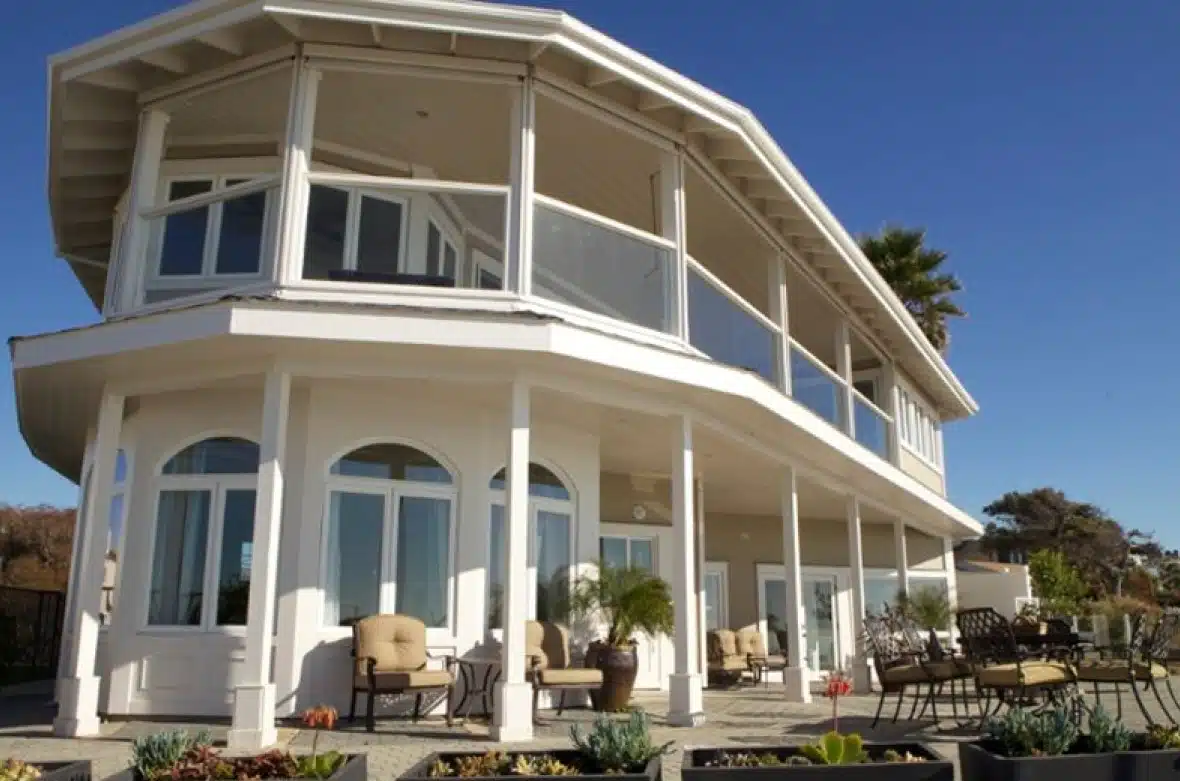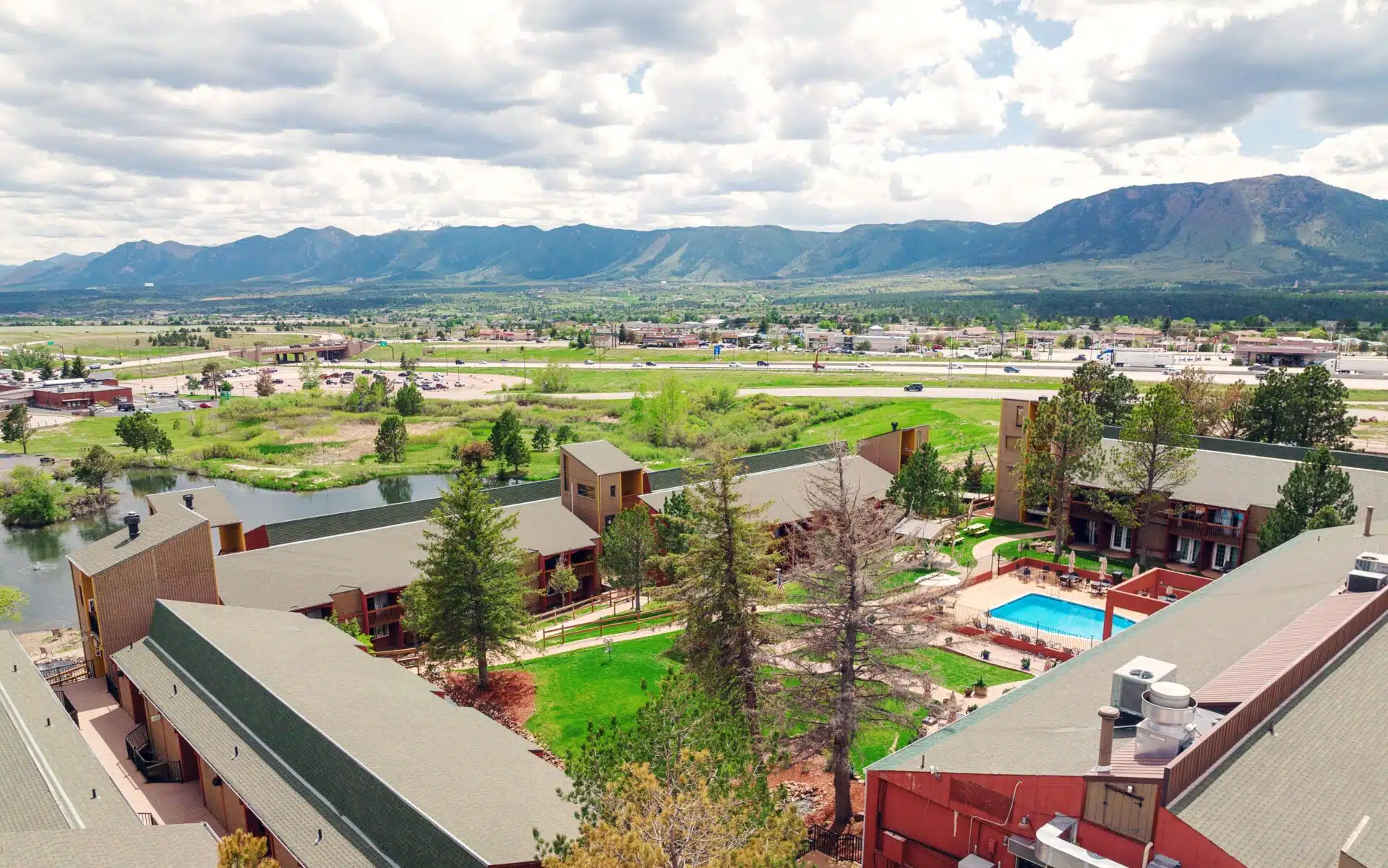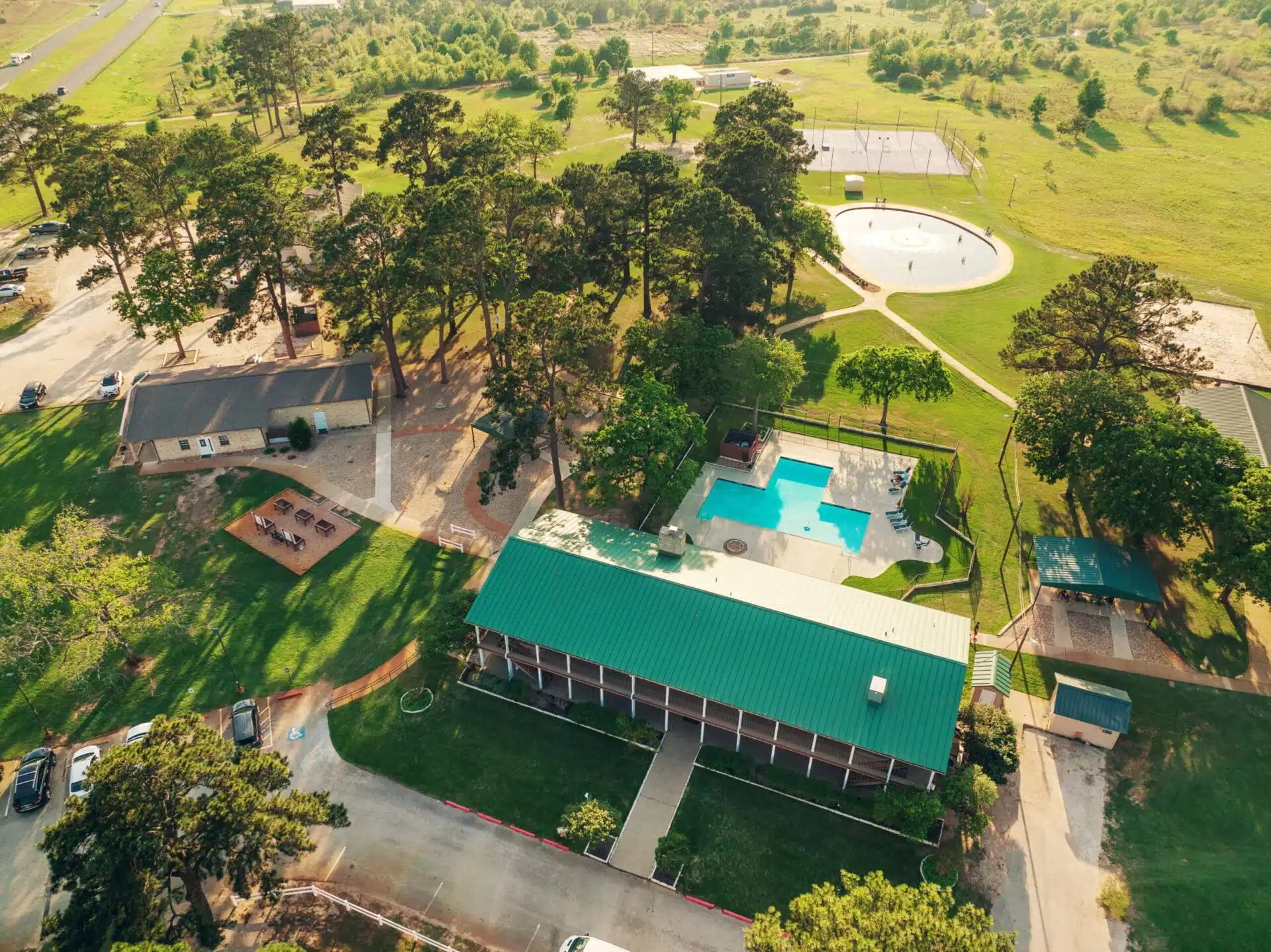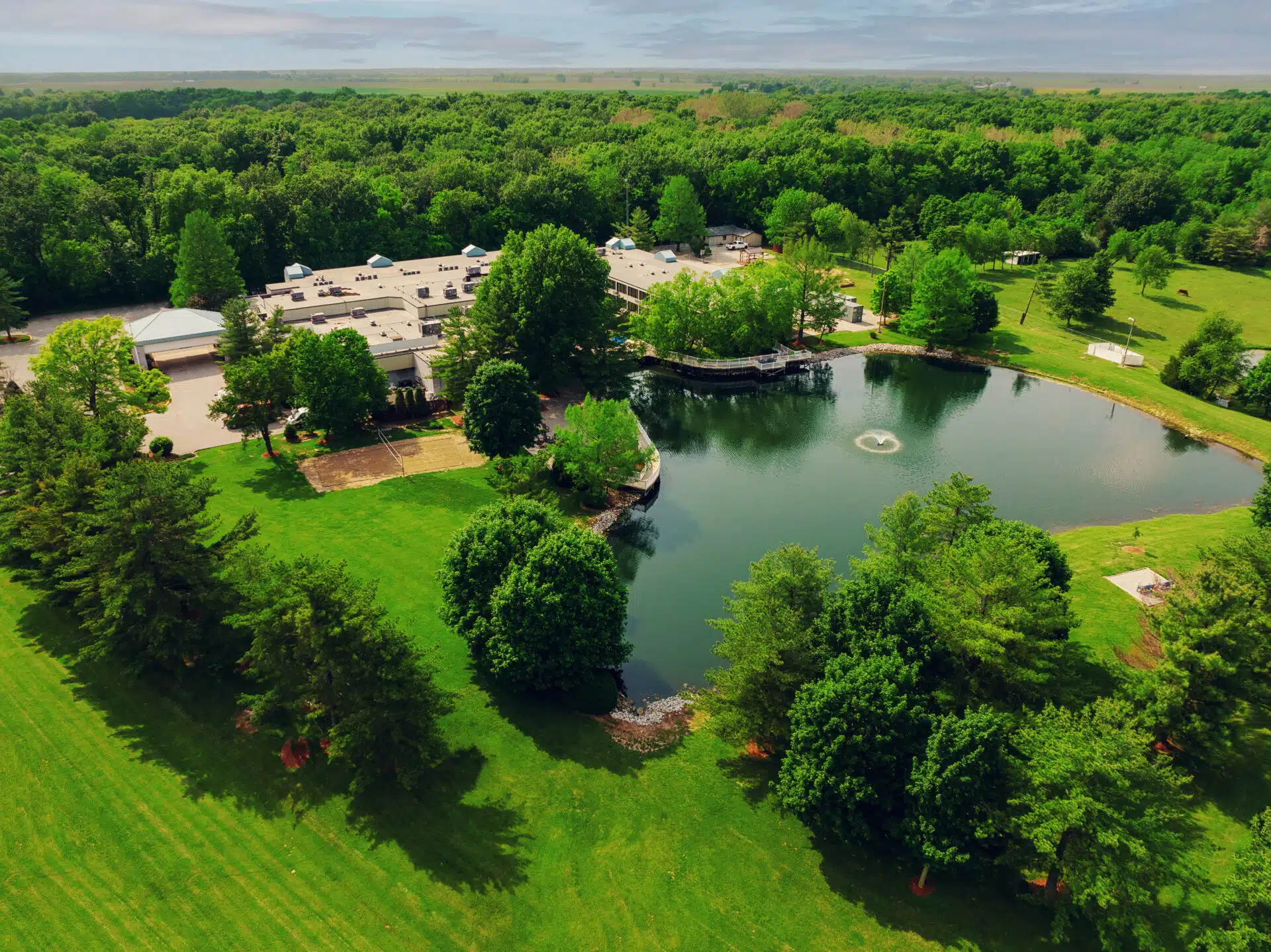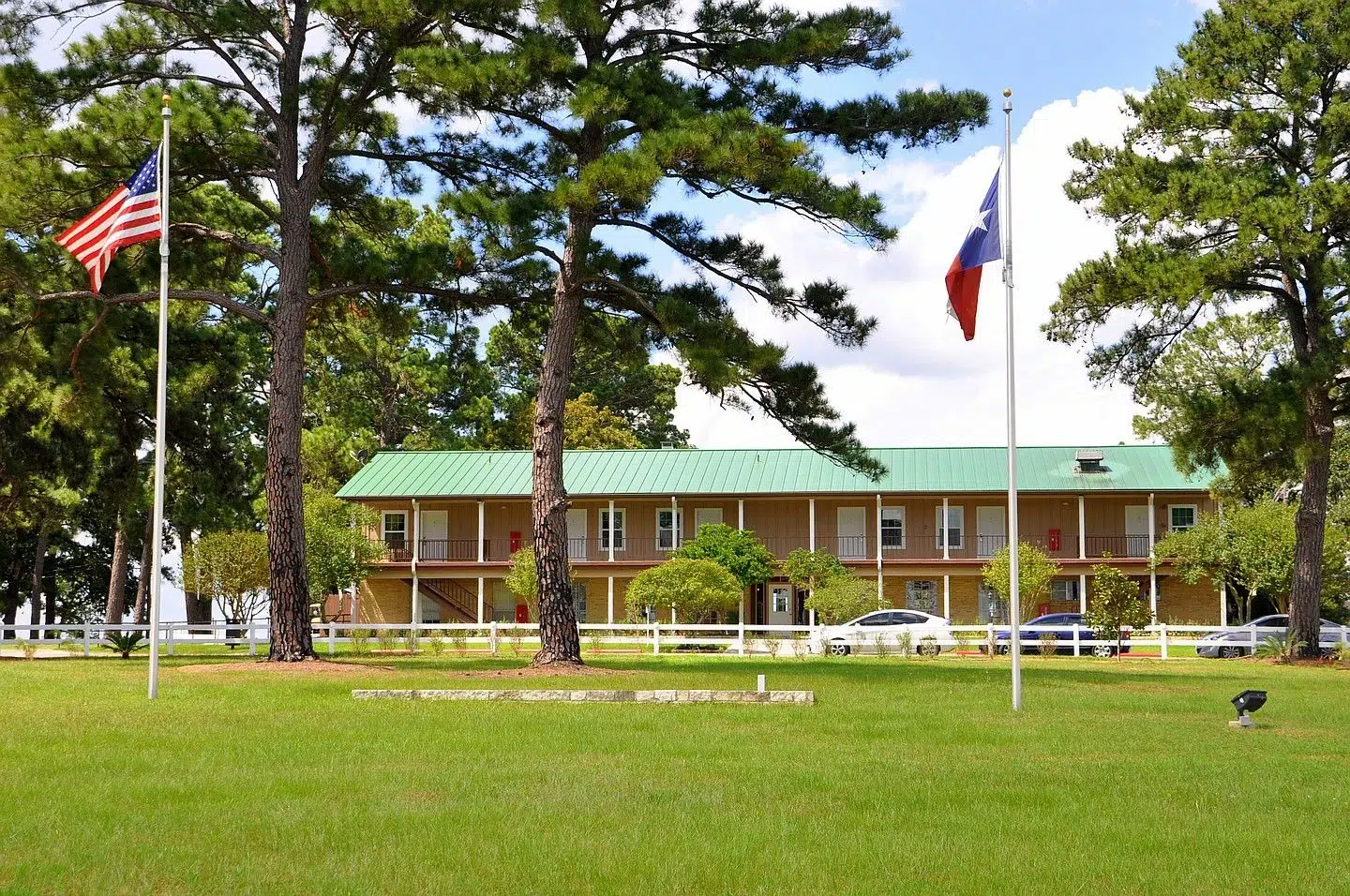
Willow Springs Recovery - Austin, Texas
GET HONEST & ACCURATE QUOTE
Dual Diagnosis Treatment in Plano, Texas
Top rated addiction treatment located on 38 acres of quiet and calming scenery.
- Keep your phone and laptop
- Safe 24/7 monitored detox
- SMART options
- Dual diagnosis programs
- Long-term arrangements
- Thorough aftercare planning
- Located in Bastrop, Texas
- Out of state options in CA, CO and IL
Check your coverage and get informed on admission process! Call us at:
 555-555-5555*
555-555-5555*
*HIPPA Compliant and 100% confidential
MAXIMIZE YOUR PPO COVERAGE WITH OUR HELP
We will work with insurance to get you the best possible coverage and minimize expenses.
Collin County is the home of Plano, Texas. It’s also the home of many people who struggle with mental illness:
- 19.5% of the county residents who received Medicare benefits also had depression.
- 10.6% of Collin County residents experienced frequent mental distress.
In addition, 23.7 of every 100,000 county residents experienced deaths of despair, which occur when people die due to suicides, alcohol-related causes, and drug overdoses.
Mental health and addiction treatment centers in Plano, TX, can treat substance use disorder and addiction, preventing such tragic outcomes.
What is dual diagnosis in Plano, TX?
A dual diagnosis occurs when someone has multiple illnesses. This diagnosis is typically a problem with drugs or alcohol in addition to another condition that can include depression, anxiety, or something else.
Sometimes known as comorbidities or co-occurring disorders in Plano, TX, dual diagnoses can make life especially difficult. If people just treat their depression, if they continue to drink, they could easily become depressed again.
Similarly, when people quit drinking alcohol, if they have untreated depression, this depression could prompt them to start drinking again because they’re eager to self-medicate their pain.
Mental health and addiction treatment in Plano, TX, treats both conditions, so they don’t cause or worsen each other.
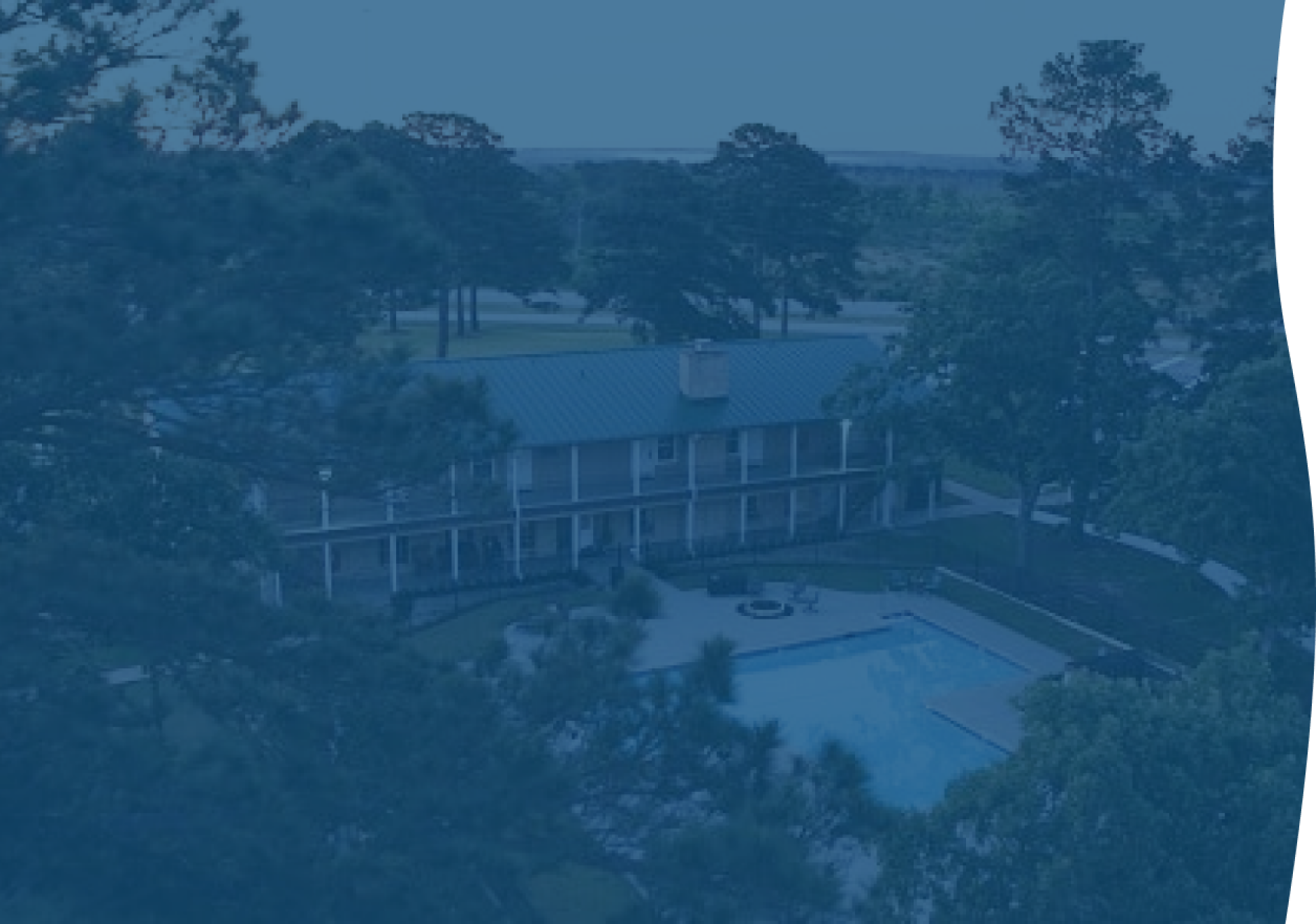
How does therapy enhance dual diagnosis treatment in Plano, TX?
Dual diagnosis rehab in Plano, TX, doesn’t fit a one-size-fits-all model. People have different addictions and preferences, while mental health and substance use disorder treatment centers
in Plano, TX, offer various options and approaches.
But when people attend a dual diagnosis treatment center in Plano, TX, there’s an excellent chance that they’ll participate in some sort of therapy.
Therapy is a tool that promotes mental health, and dual diagnoses are all about mental health. While in residential dual diagnosis treatment centers in Plano, TX, people attend therapy to address their addictions and the mental illnesses that contribute to them.
Approaches such as cognitive-behavioral therapy (CBT) help people create more positive thoughts and feelings to behave in more positive ways.
Another therapeutic approach, dialectical behavior therapy (DBT), helps people embrace ideas that may contradict each other. For example, people recovering from addictions may have used alcohol and drugs to ease such contradictions in the past. But dual diagnosis treatment programs in Plano, TX, that incorporate DBT and other methods could help people analyze their problems and realize that things don’t always operate how they want them to proceed.
What are some other components of dual diagnosis treatment in Plano, TX?
Therapists and counselors aren’t the only helpful people at a dual diagnosis treatment facility in Plano, TX. People can also find assistance by joining a sobriety support group at the center. Sobriety support groups allow people to meet with others who have had similar experiences.
Assistance also comes in other forms at dual diagnosis treatment centers in Plano, TX. The moment a person arrives, they’ll meet with people who take time to understand their conditions and work hard to improve them.
Doctors, other medical professionals, and therapists at a dual diagnosis program in Plano, TX, assist people with their mental and physical health. Housekeeping and kitchen staff members feed people, give them a comfortable place to stay, and ensure that centers are a home away from home.
Such assistance demonstrates how people can help other people address mental illness and drug abuse in Plano, TX.
Sources
Medical disclaimer:
Sunshine Behavioral Health strives to help people who are facing substance abuse, addiction, mental health disorders, or a combination of these conditions. It does this by providing compassionate care and evidence-based content that addresses health, treatment, and recovery.
Licensed medical professionals review material we publish on our site. The material is not a substitute for qualified medical diagnoses, treatment, or advice. It should not be used to replace the suggestions of your personal physician or other health care professionals.

